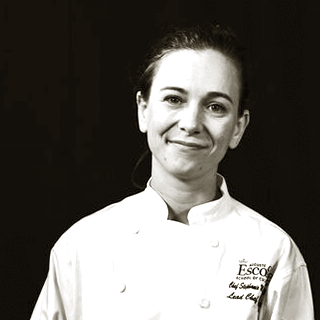Do you have a passion for plants?
The crunch of crisp lettuce. The meatiness of a sauteed mushroom. The creamy decadence of a perfectly ripe avocado.
You’re in good company. Plant-focused diets have been on the rise over the past decade. There are now over 9.7 million Americans who identify as “plant-based.” Whether it’s due to health goals, ethical concerns, or simply preferring the taste, the fruit-and-veg trend is here in a big way.
So what can that mean for you, the aspiring cook or food enthusiast who is considering a plant-based degree or diploma?
There are many career paths that can begin with a culinary education. Start here to explore the plant-based possibilities.*
What Does It Mean to Be Plant-Based?
While the terms “plant-based” and “vegan” are sometimes used interchangeably, they’re not the same thing. You can be a plant-based vegan who avoids all animal products. Or you can be a plant-based pescatarian who eats some seafood but focuses most of their diet on fruits, vegetables, and legumes. You can even be a plant-based omnivore, eating a bit of meat or dairy on occasion.
“Plant-based” simply means that most of your plate during each meal comes from plant sources. Many people enjoy the flexibility of a plant-based diet, and find it easier to work into their everyday lives than being strictly vegan or vegetarian. And with such a high focus on fruits and vegetables, it can be a healthy and energizing way to eat.
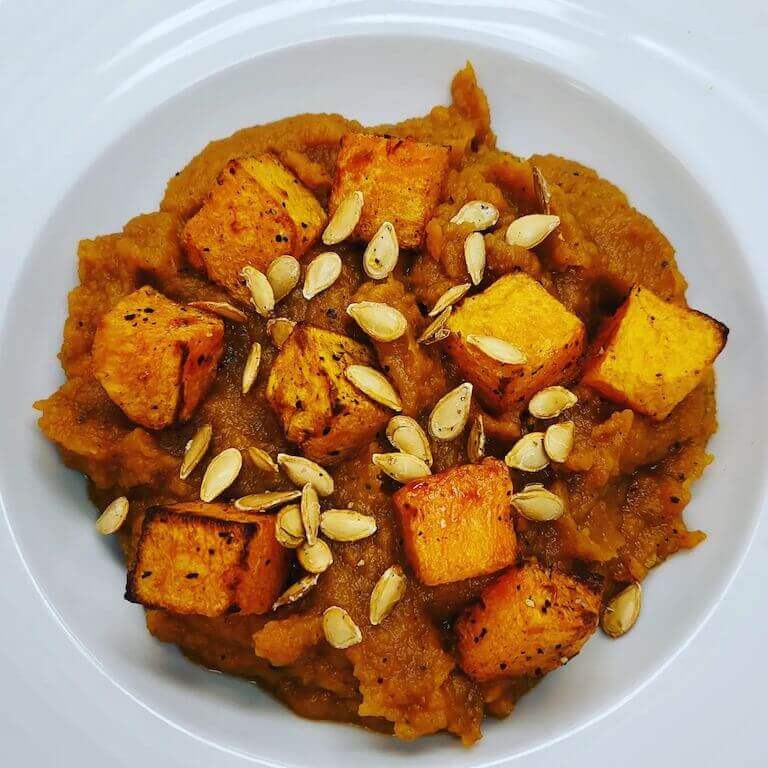
Butternut squash puree by Escoffier student Andrew Perea-Hickam
What Careers Can You Pursue with a Plant-Based Degree or Diploma?
There are plant-focused versions of nearly all culinary careers. Whether you dream of running your own restaurant or teaching others how to cook, you can pursue it without the meat.
In some cases, community colleges, universities, and other regionally accredited schools may offer short-term certificate programs with a very specific focus on plant-based trends and techniques. For more comprehensive coursework, pursuing a plant-based culinary degree or diploma may be the better option.
Plant-Based Cook or Chef
As a plant-based cook or chef, you could be making veggie magic happen. Plant-based menus feature vegetables and salads, but they can also have delicious “cheeses” created from nuts, “burgers” made from beets and grains, “steaks” culled from cauliflower, and much more.
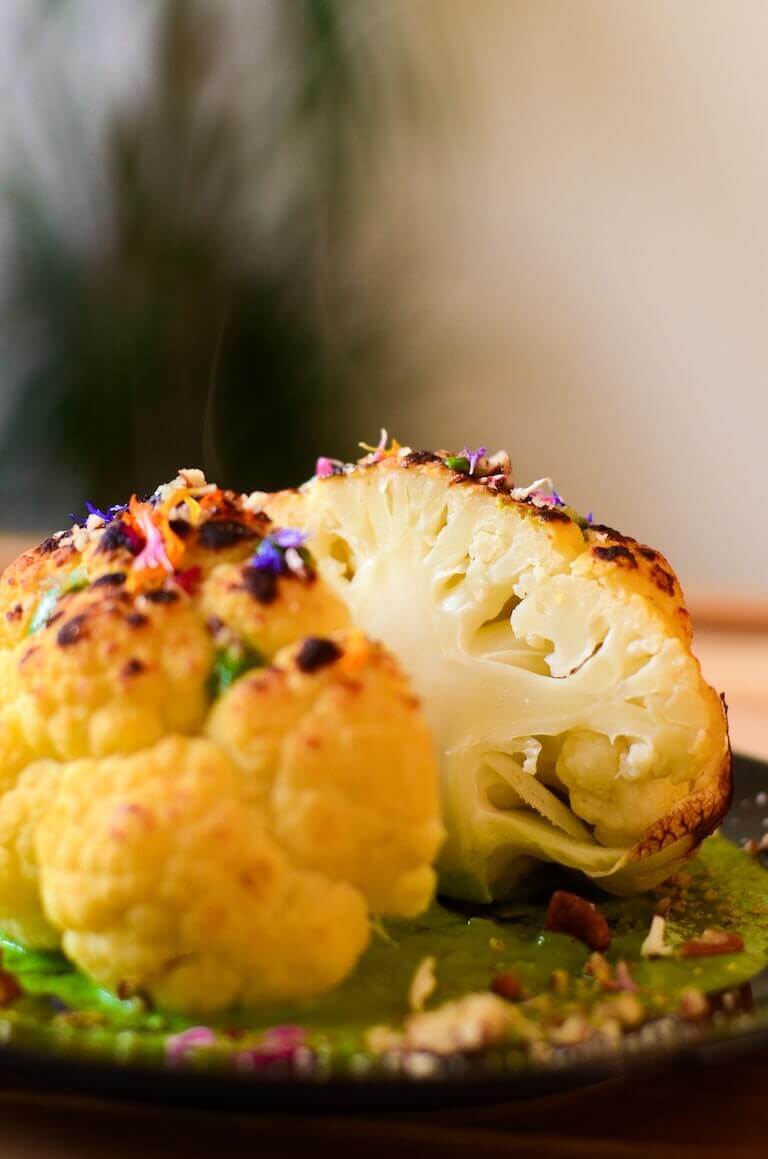
Plant-Based Restaurant Owner
Plant-based restaurants have gained popularity in the last few years, with famous places like New York City’s Dirt Candy dominating headlines. Even Eleven Madison Park, one of New York’s most famous restaurants with three Michelin stars, has recently made their luxurious prix fixe menu entirely plant-based.
Plant-Based Blogger or Writer
Share your views or recipes with the world as a plant-based blogger or food writer. Famous writer Michael Pollan is plant-based, and his books like The Omnivore’s Dilemma and Food Rules: An Eater’s Manual are all about the benefits of a plant-heavy diet.
Of course, we already have a Michael Pollan. So if you were to pursue a writing career, you’d have to find your own unique voice.
Plant-Based Personal or Private Chef
Many people want to eat a plant-heavy diet, but don’t necessarily have the time or inclination to do the research and cook their own meals. Instead, they outsource the cooking to a personal chef who prepares and delivers meals to their clients. Or they might hire a private chef who works in their home and handles all their culinary needs.
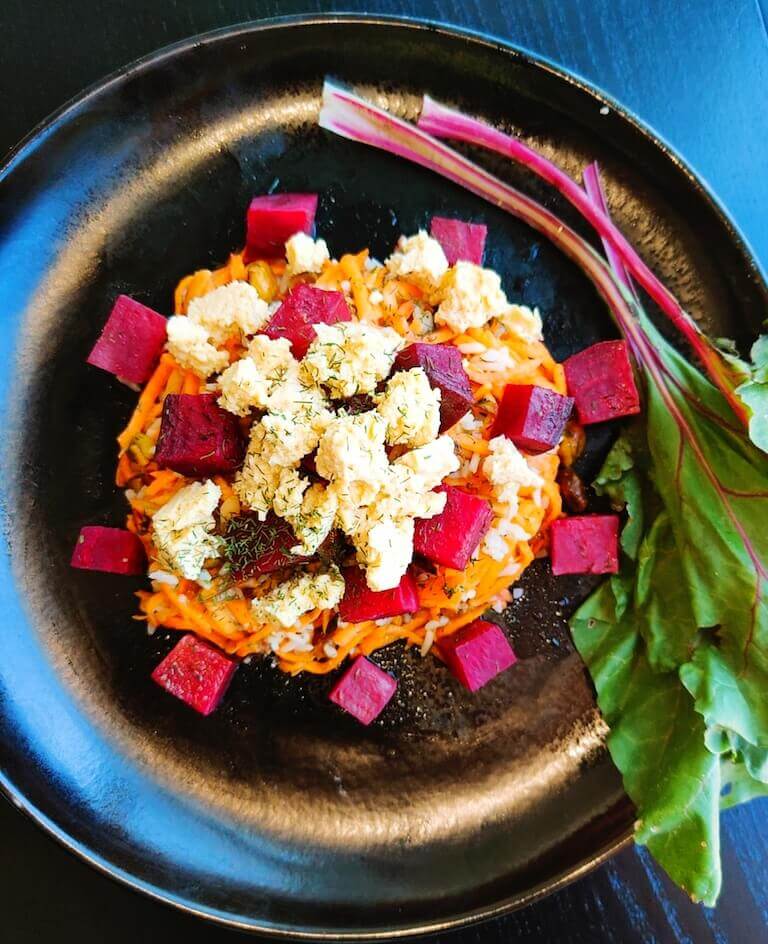
Smoky beet salad by Shane Witters-Hicks, Escoffier graduate and plant-based personal chef
Plant-Based Food Truck Owner
With their smaller menus, food trucks are perfectly positioned for specialty cuisines. A plant-based food truck could niche down even further, focusing on plant-based sandwiches or plant-based Thai food.
Plant-Based Recipe Developer
Plant-based recipes often call for creative substitutions. You could create exciting new flavor combinations using international spices and local produce. Or you could be called on to innovate vegetarian barbecue that will keep even the pickiest meat eaters happy. A plant-based credential may include coursework that can stir up your inspiration!
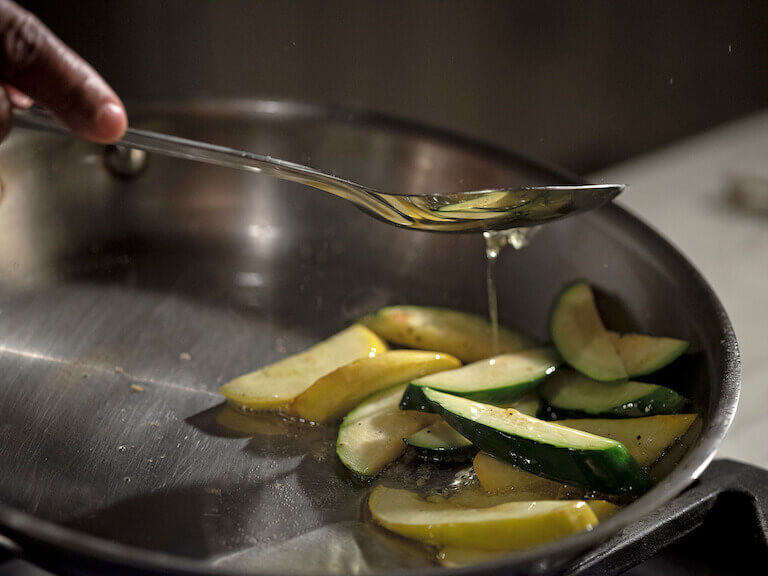
Plant-Based Baker
While your basic bread is already plant-based, there are many other recipes in the baker’s oeuvre that are not. Cakes, muffins, and cupcakes usually contain eggs and milk. Plant-based bakers use clever substitutes like flax and chia seeds, avocado, apple sauce, and even aquafaba—the liquid left over from cooked chickpeas—to create delicious baked delights.
Chef Instructor
There are plant-based culinary programs popping up all over the world. At Escoffier, we offer a plant-based degree and diplomas to students who are passionate about a meat-free or low-meat lifestyle. All these programs need qualified Chef Instructors to provide quality education and guidance! Chef instructors are masters of their craft and possess not just the essential plant-based knowledge, but also the ability to teach it to future culinarians.
Health Coach
International Escoffier student Maria Rodriguez reminds us that working with food can also mean focusing on nutrition. Maria is a health coach who is studying for her Associate Degree in Plant-Based Culinary Arts through our online program.
Being a health coach may require additional education or nutritionist certification, depending on where you live. But if you combine those nutrition credentials with a plant-based degree, you may be able to help your clients make smart choices for their health that also result in delicious meals.
“Most of the things I’m learning about plant-based are amazing. I didn’t know you could cook like this. In the past week, we learned about grains. I didn’t know you can find more than 20 different types of gluten-free grains. That was incredible.”
Maria Rodriguez, Escoffier Online Plant-Based Culinary Arts Student*

Plant-Based Research Chef
The world of plant-based food is much wider than the restaurant kitchen. Companies like Beyond Meat, Good Catch, and Gardein make plant-based alternatives to common meat items like burgers, seafood, and ground beef.
Many of these brands seek the “Certified Plant Based” designation from the Plant Based Foods Association, which has strict requirements for products to display this seal. With a plant-based certification or seal from a regulatory group like the Plant Based Foods Association, FoodChain ID, or Control Union on the package, consumers feel confident that what they’re eating is better for them and the environment.
Research chefs explore innovative veggie-based ingredients and figure out how to combine them in new ways, creating products that make avoiding meat easy and delicious.
Why Pursue a Plant-Based Degree or Diploma (Instead of Culinary Arts)?
When assessing your education options, you may wonder if a traditional culinary school program or a plant-based program is the better choice for you.
Both programs explore strong foundational skills, menu planning, food safety, allergen awareness, and more. In culinary arts, those lessons will involve cooking and working with meat, seafood, eggs, and dairy regularly. In plant-based culinary arts, the same foundational principles will apply to the plant-based kitchen, and there will be some emphasis on ingredient substitutions and cultural plant-based cuisine.
The decision comes down to where you want your career to take you. To help you choose, our Admissions Department is available to walk you through the programs so you can start down the path to your dream career.
To read more about plant-based eating, try these articles next:
- Escoffier Graduate Talks About Going Plant-Based—In Culinary School And in Life
- Plant-Based vs. Vegan: Why Chefs Need to Know the Difference
- How is Plant-Based Meat Made?
*Information may not reflect every student’s experience. Results and outcomes may be based on several factors, such as geographical region or previous experience.

